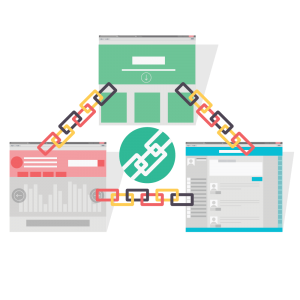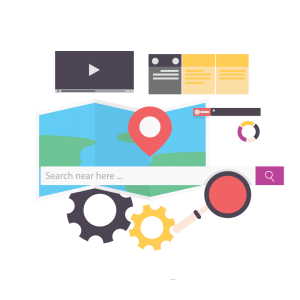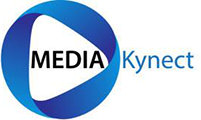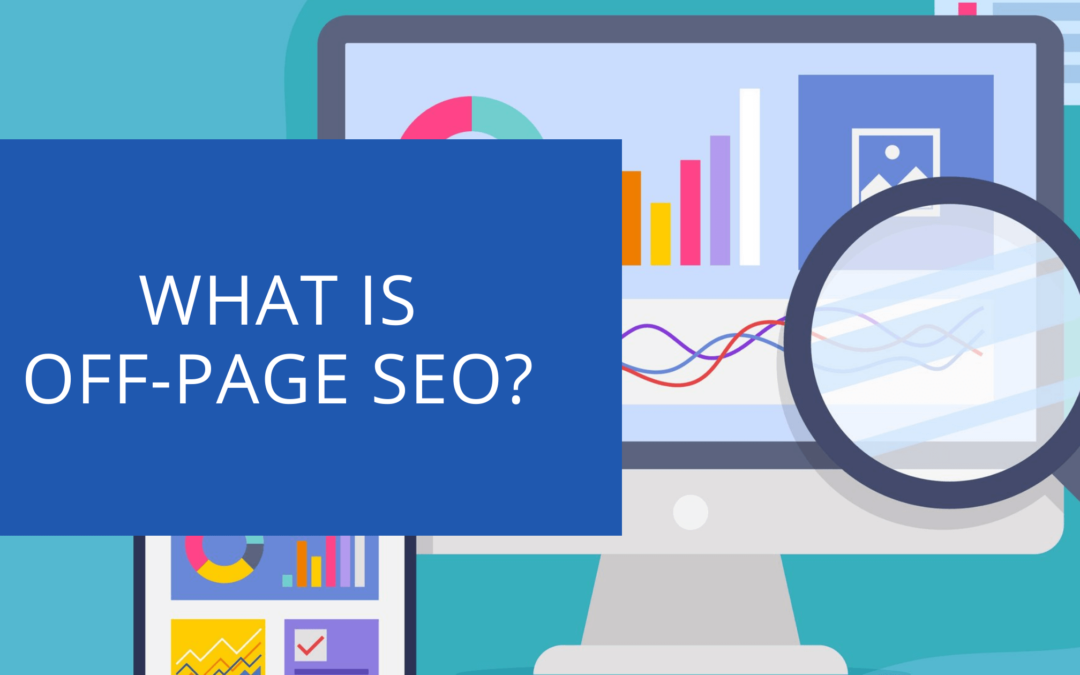Off-page SEO is one of the most important aspects of a successful SEO strategy. It refers to all the activities that you can do off your website to improve your site’s ranking in search engine results pages (SERPs). This includes things like link building, social media, and branding.
In this guide, we will discuss off-page SEO in more detail and teach you how to optimise your website for better search engine visibility!
Contents
What Is Off-page SEO?
Off-page SEO is the process of optimising your website’s visibility in search engine results pages (SERPs) through off-site methods. This includes techniques like link building, social media, and branding.
Off-page SEO can be is a very effective way to improve your site’s ranking.
Why Is Off-page SEO Important?
 Off-page SEO is important because it can help you improve your site’s visibility in search engine results pages (SERPs). This, in turn, can help you attract more visitors to your website resulting in more sales and conversions.
Off-page SEO is important because it can help you improve your site’s visibility in search engine results pages (SERPs). This, in turn, can help you attract more visitors to your website resulting in more sales and conversions.
Off-page SEO is one of the most effective ways to improve your site’s ranking, so it is important to implement a strong off-page SEO strategy if you want to achieve success online!
What’s the difference between on-page SEO and off-page SEO?
On-page SEO refers to all the techniques you can use on your website – for example, fixing technical SEO issues, creating and optimising content, and improving page load speeds – to improve your site’s ranking in the SERPs. Off-page SEO, on the other hand, refers to all the techniques you can use off your website to improve your site’s visibility.
Link Building
Link building is one of the most important aspects of off-page SEO. It refers to the process of acquiring links from other websites back to your site. When done correctly, link building can help improve your site’s rank in SERPs, as well as increase its trust and authority.
There are many different methods you can use to build links, we cover the most popular methods below:
Attracting Links and Natural Links
One of the best ways to attract links is by creating high-quality content that people will want to share. When you produce great content, other websites will be more likely to link back to it, which can help improve your site’s ranking in the SERPs.
As you work on ranking your website, more and more users will get to see your content and link to you naturally.
Editorial links
Editorial links are links from authoritative and or highly relevant sites directly as a result of editorial or managerial discretion as opposed to other off-page SEO tactics.
Editorial links are one the best off-page SEO tactics out there because they convey authority.
Guest Posting
Guest blogging is one of the most effective ways to build links. It involves writing guest posts for other websites in your industry and including a link back to your own site. When done correctly, guest blogging can help improve your site’s rank in SERPs, as well as generate more traffic and leads.
Paid Links
Although not all paid links are not as effective as they used to be, they can still be an effective way to build links. When done correctly, paid links can help improve your site’s ranking and visibility in the SERPs. However, it is important to use caution when purchasing links as Google may penalise your site as it goes against the Google Webmaster Guidelines.
Broken link building
Broken link building is a method of acquiring links from other websites by finding broken links on their site and emailing them with a suggestion to replace the broken link with one of your own. When done correctly, this can help improve your site’s rank in SERPs, as well as generate more traffic and leads.
Outreach
Outreach is the process of contacting other websites in your industry and asking them to link back to your site. When done correctly, outreach can help improve your site’s rank in SERPs, as well as generate more traffic and leads.
Content Marketing
Content marketing is the process of creating and publishing content (such as blog posts, infographics, videos, etc.) and promoting it via multiple channels to help improve your site’s visibility in search engine results pages.
Niche edits/link inserts
![]() Niche edits (or link inserts) are the process of editing other websites’ content to include a link back to your own site. When done correctly, niche edits can help improve your site’s rank in SERPs, as well as generate more traffic and leads.
Niche edits (or link inserts) are the process of editing other websites’ content to include a link back to your own site. When done correctly, niche edits can help improve your site’s rank in SERPs, as well as generate more traffic and leads.
Digital PR campaigns
Digital PR campaigns are a great way to generate links and exposure for your website. A digital PR campaign typically involves creating a press release and pitching it to various websites and publications in your industry.
Social Media
Social media marketing
Social media is one of the most effective off-page SEO techniques out there. It refers to the process of promoting your website on social networking sites like Facebook, Twitter, and LinkedIn. When done correctly, social media can help improve your site’s ranking in SERPs, as well as generate more traffic and leads.
You can build from links social site), for example, you can include your link in:
- Tweets
- Posts
- Description fields
- Shared images and infographics
- Shared presentations
- Shared documents and PDFs
Branding
When it comes to off-page SEO, branding is one of the most important factors. Branding involves creating a strong and recognizable presence for your website online.
One of the best ways to build brand awareness is by using social media marketing. Social media allows you to create a profile for your company and share updates, images, and videos with your followers. When done correctly, social media can help improve your site’s ranking in SERPs, as well as generate more traffic and leads.
Another great way to build brand awareness is getting brand mentions. Brand mentions are when someone talks about your company or product without including a link back to your site.
Social bookmarking
Social bookmarking is the process of saving and sharing web pages and links on social networking sites like Reddit, Pinterest, and Pocket. When done correctly, social bookmarking can help improve your site’s ranking in SERPs.
Local SEO
 Local SEO is the process of optimising your website for local search engine results. Here are factors that boost your rankings and traffic when targeting local keywords.
Local SEO is the process of optimising your website for local search engine results. Here are factors that boost your rankings and traffic when targeting local keywords.
Google My Busines Listing
A Google My Business listing is a free listing that allows you to control how your business appears on Google Maps and Search.
Citations
A citation is a mention of your business name, address, and phone number on the web. Citations in local SEO are created on local and niche relevant directories.
Note: Ensure your NAP (Name, Address, Phone number) is consistent across your listing. NAP consistency is the process of ensuring that your business’s name, address, and phone number are the same across all of your online listings. When done correctly, NAP consistency can help improve your site’s ranking in SERPs.
Local events
Hosting or participating in local events is a great way to build exposure for your business and increase website traffic. You can also get backlinks for attending and sponsoring local events.
Local newspapers
Contacting your local newspapers is a great way to get publicity for your business and website. You can send press releases, pitch story ideas, or even advertise in the paper. If the newspaper has an online version this can create more backlinks to our website.
Local blogs
Contacting local bloggers is another great way to get publicity for your business and website. You can offer guest posts, collaborate on content projects, or even just send them a message letting them know about your company.
Directory submissions
Directory submissions are the process of submitting your website to various niche and industry online directories.
Friends, family, and business connections
Ask your friends, family, and business connections to link to your website. When people are asked to link to a site, they’re more likely to do it if they know and trust you.
Off-Page SEO Factors for Link Building
Number of quality referring domains
Referring domains is the number of unique domains linking to your website. As not all links are created equal, you need quality links. 3rd party metrics can help you gauge how good a website’s backlink profile is. The most popular ones are:
- Domain Rating (ahrefs)
- Majestic Trust Flow (Majestic)
- Citation Flow (Majestic)
- Page Authority (Majestic and Moz)
- Domain Authority (Majestic and Moz)
- Serpstat Domain Rank (SDR) (Serpstat)
Relevance
 The relevance of the page linking to your website is also important. The more relevant the link, the better it is for your off-page SEO efforts.
The relevance of the page linking to your website is also important. The more relevant the link, the better it is for your off-page SEO efforts.
Traffic
The traffic of the website linking to your website is also a factor. The more traffic the site has, the better it is for you.
Anchor text
The anchor text of a link is the visible and clickable text in a hyperlink. When building links, you want to use a variety of anchor text to avoid being penalised by Google.
Types of anchor texts:
- Exact match: The anchor text is the same as the keyword you’re targeting
- Partial match: The anchor text includes the keyword, but not in its entirety
- Branded: The anchor text is your company’s name or a variation of it
- Generic: The anchor text is non-specific (click here, read more, etc.)
- Phrase match: The anchor text includes the keyword in a phrase
- Naked: The anchor text is the URL of your website
- Images: Image anchors are where an image is hyperlinked to your website
Off-page SEO FAQ
What is the difference between off-page SEO and on-page SEO?
On page SEO is the process of optimising your website’s content, structure, and HTML tags to improve its ranking in SERPs. Off page, SEO is the process of improving your website’s ranking through the acquisition of links from other websites.
What is a good link?
A good link is from a high-quality website with relevant content.
What is a bad link?
A bad link comes from a low-quality website with irrelevant content.
Can you buy links?
You can buy links, but it’s a risky practice and could get you penalised by Google. It is against Google’s Webmaster Guidelines to buy links.
Why is off-page SEO important?
Off-page SEO is important because it helps you improve your website’s ranking in SERPs through the acquisition of links from other websites.
What are the most important off-page SEO factors?
The most important off-page SEO factors are the number of quality referring domains, the relevance of the page linking to your website, and the traffic of the website linking to your website.
We Offer SEO Services Nationwide
- Chester:https://mediakynect.co.uk/seo-chester/
- Wirral: https://mediakynect.co.uk/seo-wirral/
- Liverpool: https://mediakynect.co.uk/seo-liverpool/
- North Wales: https://mediakynect.co.uk/seo-north-wales/
- Wrexham: https://mediakynect.co.uk/seo-wrexham/
Conclusion
Off-page SEO is the process of improving your website’s ranking in search engines through the acquisition of links from other websites. It is important because it helps you improve your website’s visibility and reach a larger audience.
The most important off-page SEO factors are the number of quality referring domains, the relevance of the page linking to your website, and the traffic of the website linking to your website.

